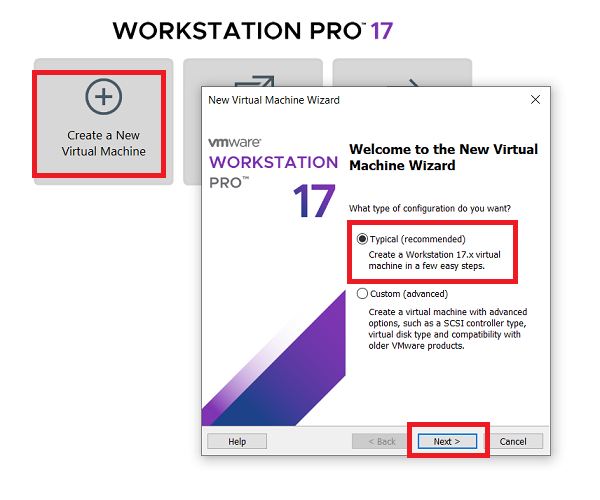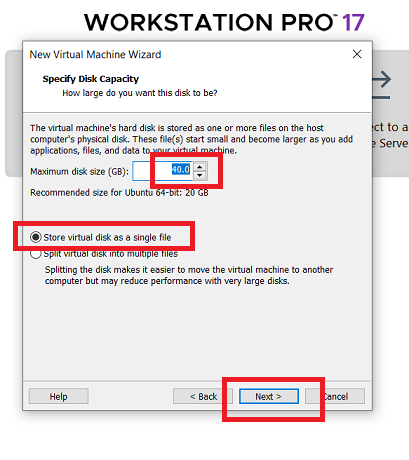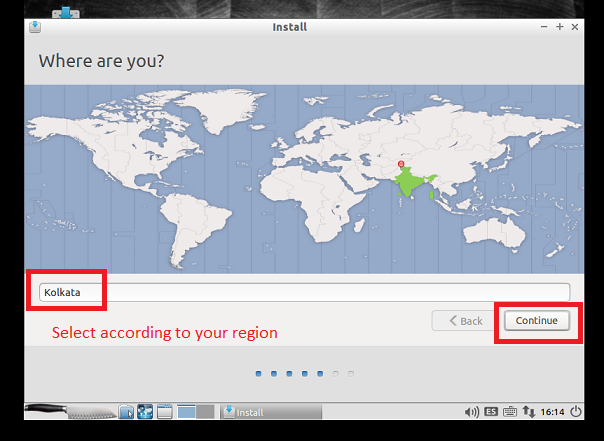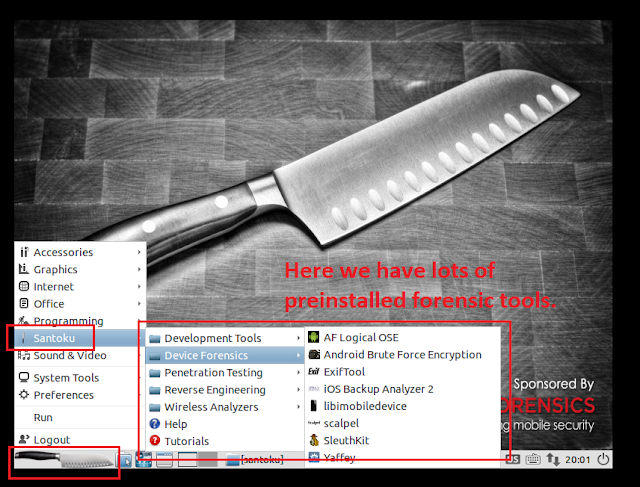SANTOKU (Operating System)
SANTOKU
What is Santoku OS?
Santoku OS is an open-source operating system tailored for mobile forensics, mobile malware analysis, and mobile application security testing. Rooted in the world of mobile security, it serves as an invaluable tool for professionals and enthusiasts who aim to deep-dive into the intricacies of mobile platforms and applications.
The name "Santoku" is derived from a Japanese term that translates to "three virtues" or "three uses," aptly reflecting the OS's tri-fold purpose. It provides an organized suite of utilities and tools, carefully curated to address the challenges encountered in the ever-evolving domain of mobile security. Built atop a Linux distribution, Santoku OS carries the inherit strengths and stability of the Linux platform. Its intuitive interface ensures that users, regardless of their expertise level, can effectively engage with its resources. This ensures that both newcomers to the field and seasoned experts can harness the power of Santoku to aid in their research or investigations. In essence, Santoku OS is a dedicated environment that simplifies and streamlines the processes associated with mobile security. It's an embodiment of the community's efforts to build a cohesive platform that addresses the myriad challenges present in the domain of mobile devices.
Santoku OS offers pre-configured tools that address different facets of mobile security. These tools range from those that help in acquiring mobile data, to others that assist in analyzing wireless communications or decoding binary data. It is an ecosystem designed to simplify the complexity of mobile forensics and security operations. Another striking feature of Santoku OS is its constant evolution. The world of mobile security is fast-paced, with threats and vulnerabilities emerging continuously. Recognizing this, the developers and contributors behind Santoku ensure regular updates to the system, keeping it in sync with the latest advancements and challenges. This proactive approach helps users remain on the cutting edge of mobile security research. For educators and trainers in the domain of mobile security, Santoku OS serves as an excellent platform for instruction. Its comprehensive suite of tools, combined with its user-friendly design, makes it ideal for demonstrations, hands-on labs, and tutorials. In academic and training settings, it has proven to be an invaluable resource.
In summary, Santoku OS is not just another operating system. It's a specialized environment that brings together the best tools and practices in mobile security. Whether one is a forensic expert tracing suspicious mobile activities, a malware analyst dissecting rogue applications, or a security researcher probing vulnerabilities, Santoku stands out as a dependable ally in their endeavors.
What are the features of this OS?
Santoku OS is renowned for its comprehensive set of features tailored to the needs of mobile security experts. Let's delve into some of the prominent features of this operating system:
- Mobile Forensics Tools: Santoku is equipped with tools that enable users to conduct digital investigations on mobile devices. These tools can recover deleted data, extract information from SIM cards, and analyze physical and logical data structures. They streamline the process of gathering and preserving evidence from mobile devices.
- Wireless Analysis: With the proliferation of wireless networks, analyzing wireless communications has become crucial. Santoku comes packed with tools that allow users to monitor, intercept, and analyze traffic over Wi-Fi and Bluetooth. These utilities can be vital for uncovering vulnerabilities in wireless communications or for understanding potential data leaks.
- Mobile Malware Analysis: As malware targeting mobile devices increases, Santoku provides tools specifically for dissecting and understanding the behavior of malicious applications. It aids in reverse engineering, sandboxing, and dynamic analysis of suspicious mobile apps, ensuring that malware analysts have a comprehensive environment to study threats.
- Binary Analysis: This feature offers tools that can be used to examine binary files, which are often central to understanding application behavior, vulnerabilities, or malware functionality. Users can dissect, debug, and manipulate binary files to get a granular view of their operations.
- Application Security Testing: Mobile application security is of paramount importance given the sensitive data many apps handle. Santoku OS provides tools that allow for static and dynamic analysis of mobile applications, ensuring they adhere to security best practices and are free from vulnerabilities.
- Platform Integration: Santoku is designed to smoothly integrate with other platforms, frameworks, and tools. This ensures that professionals can complement the built-in utilities of Santoku with other specialized tools, creating a cohesive and flexible working environment.
- Regular Updates: In the rapidly changing domain of mobile security, staying updated is crucial. Santoku OS is committed to regular updates, ensuring users have access to the latest tools, patches, and improvements. This ensures the OS remains a robust and relevant tool in the face of evolving threats.
- User-Friendly Interface: Despite its technical focus, Santoku prioritizes user experience. Its interface is designed to be intuitive, ensuring that both beginners and seasoned professionals can navigate and utilize the OS with ease. This reduces the learning curve and enhances productivity.
In essence, Santoku OS is a robust platform designed with a clear focus on mobile security. Its array of features ensures that users have a holistic environment to address a wide spectrum of challenges in the mobile security landscape. Whether one is conducting forensic analysis, probing for vulnerabilities, or dissecting malware, Santoku provides the necessary tools and environment for the task.
Steps to install Santoku OS in Vmware workstation:-
Step1:-Download the Santoku iso file.
Download LINK:- https://sourceforge.net/projects/santoku/





















Comments
Post a Comment